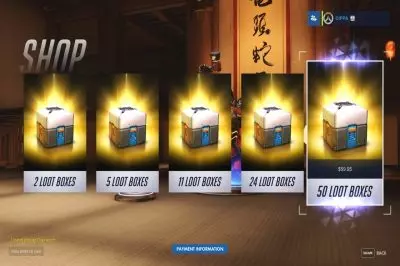 The Quinault Indian Nation has filed legal action against Valve Corporation, accusing the video game company in offering illegal online gambling options.
The Quinault Indian Nation has filed legal action against Valve Corporation, accusing the video game company in offering illegal online gambling options.
The lawsuit, filed by the Quinault Indian Nation with Grays Harbor Superior Court, accuses the company known as the developer of the popular video game Counter-Strike and the software distribution platform Steam of offering online gambling services in violation with the Consumer Protection Act.
According to claims of the Indian tribal nation, Valve Corporation started selling “skins” for their games online in 2013, with the so-called “skins” being sold for and exchanged for real money. The nation further claims that skins had become the major currency used by gambling websites which offer their services illegally, without being licensed and regulated, and Valve Corporation has drawn profits from the use of its virtual items for online gambling.
According to accusations, the company sold its customers a “key” to obtain special in-game items at the price of $2.50. Purchasing that key was the only way for users to be able to open crates and win certain items at the principle of work of online slot machines. Just like making bets at slot machines, purchasing the above-mentioned key does not guarantee that players would necessarily get a skin valued $2.50 or more, making the cases opening a form of gambling.
Valve Did Nothing to Stop Unlawful Online Gambling, QIN Claims
 As part of its lawsuit, the Quinault Indian Nation blames Valve’s Steam platform in facilitating illegal gambling carried out by the company.
As part of its lawsuit, the Quinault Indian Nation blames Valve’s Steam platform in facilitating illegal gambling carried out by the company.
The Indian tribal nation further claims that Valve Corporation was aware of the fact that accounts were using the in-game special items for gambling transactions in the period from August 2013 to July 2016 and did not take any measures to stop it. According to the plaintiff, Valve Corporation has always been able to start, modify, regulate and end the skins market, and gambling activities which took place through it, respectively.
The Quinault Indian Nation accuses the company in unfair competition to its gambling services offered at the tribal nation’s Quinault Casino, and taking away revenue both from the casino and local governments by offering an illegal online form of gambling. The lawsuit states that Valve Corporation has an unfair advantage to the tribal nation since the latter has fees, taxes and various expenses associated with the offering of legal gambling services to its customers in compliance with gambling legislation and regulatory rules.
The Quinault Indian Nation was granted the rights to operate a casino under a special compact signed with the state of Washington in 1996. Now, it claims that the skins option offered by Valve as a form of illegal gambling seriously hurts the performance of its casino venue.
According to the Indian tribal nation’s reports, the amount paid as regulatory fees by the Quinault Indian Nation to the state of Washington since 2013 is estimated to more than $1,219,800. A further amount of more than $382,000 was also paid as Impact Mitigation Funds to local governments.